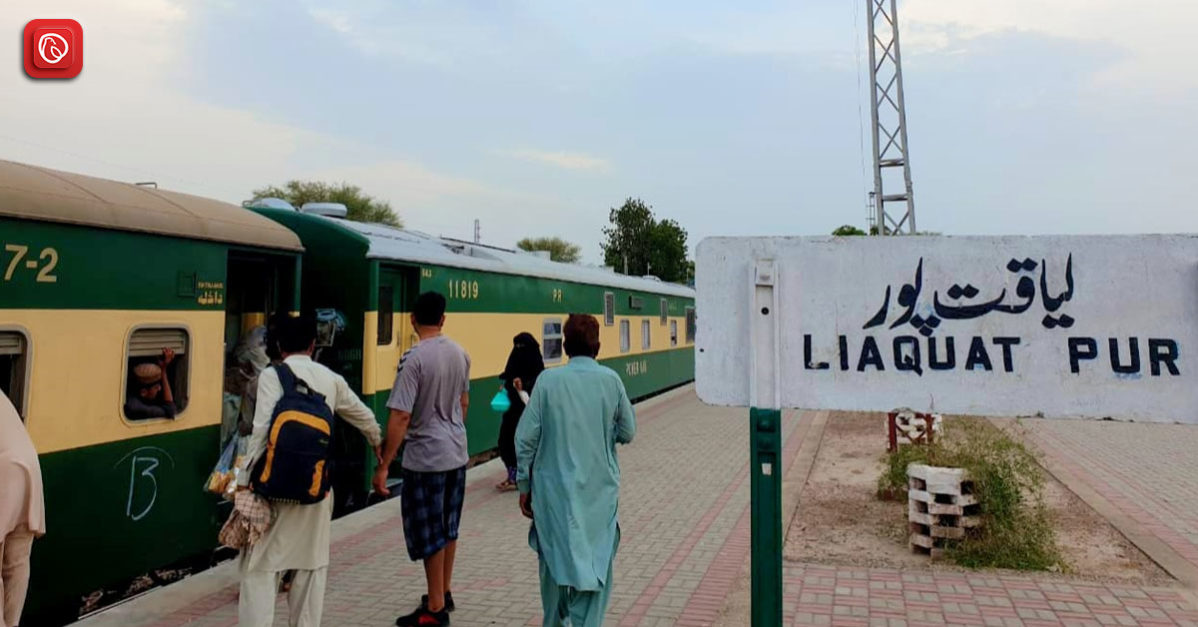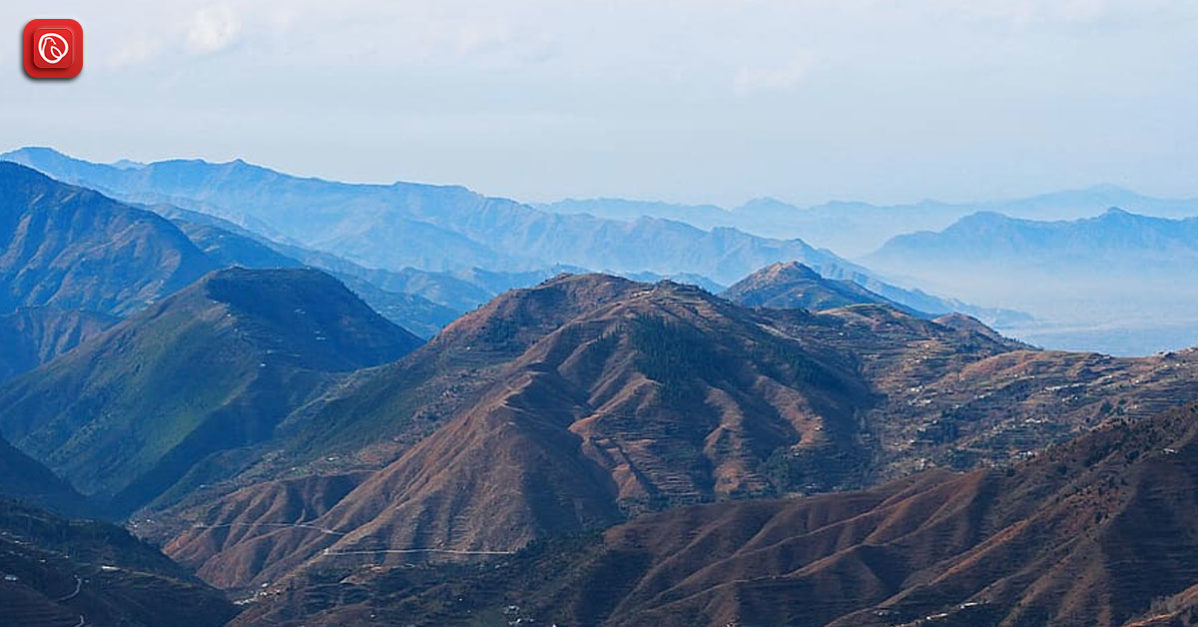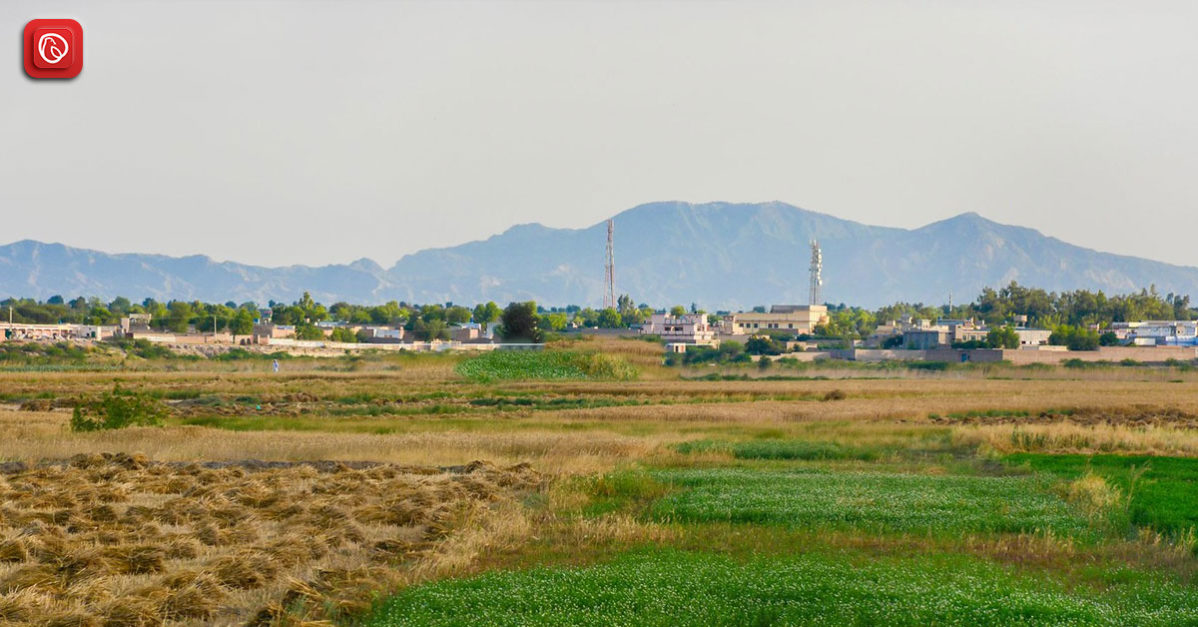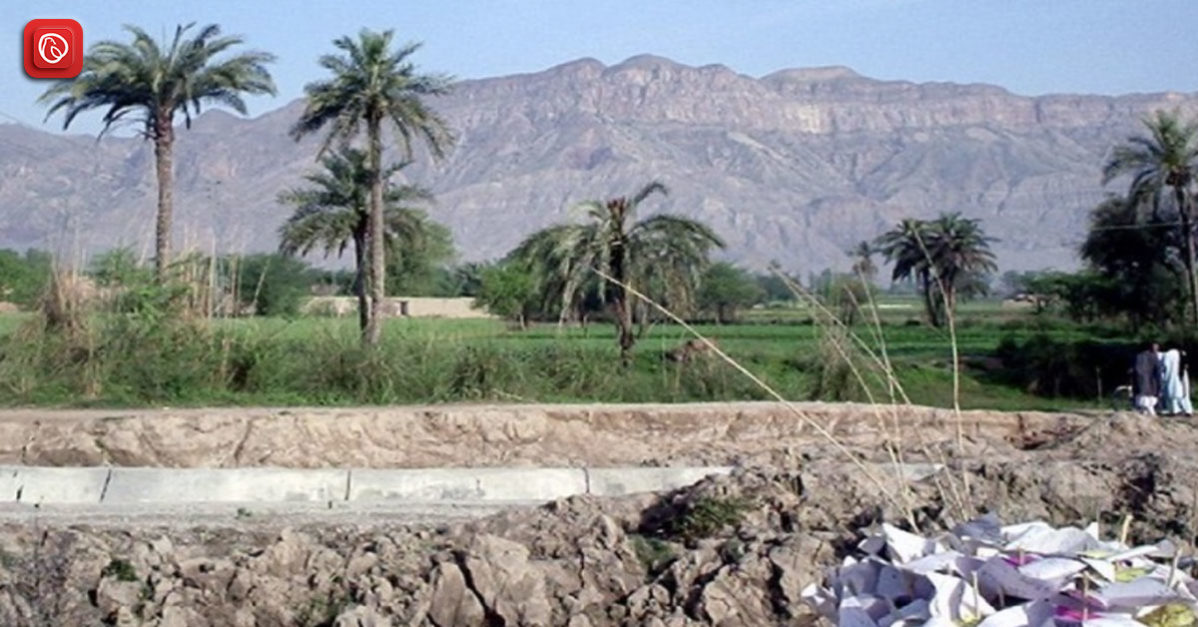Liaquat Pur is located near the eastern bank of the River Sutlej in the Rahim Yar Khan District of Punjab, Pakistan. Its location makes it a vital regional hub, connecting various towns and cities along the river.
In this blog, Graana.com discusses everything you need to know about Liaquat Pur, including geography, history, tourism, and much more.
Geography
Surrounded by fertile plains, the city benefits from its proximity to agricultural lands, contributing to its economic activities. The river also serves as a lifeline for the locals, providing water for irrigation and other daily needs. Overall, Liaquatpur’s strategic location plays a significant role in its development and importance in the region.
Agriculture
Agriculture forms the backbone of Liaquatpur City’s economy, with the fertile plains surrounding the city supporting a variety of crops. Farmers in the region primarily cultivate cotton, wheat, sugarcane, and rice, taking advantage of the rich soil and favorable climate conditions.
Culturing these crops not only sustains the local economy but also contributes to the broader agricultural sector of Punjab province. Additionally, the agriculture industry in Liaquatpur provides employment opportunities for many residents, from farming to transportation and processing.
The city’s agricultural output plays a crucial role in supplying food and raw materials to both local markets and wider regions, further solidifying its importance in the regional economy.
History
Liaquatpur City has a rich historical heritage that dates back centuries. It was initially known as Nawankot and was established during the Mughal era. The city’s strategic location along the River Sutlej made it an important trading post and a center of commerce and culture.
Over the years, Liaquatpur witnessed the rise and fall of various dynasties. It includes the Mughals, Sikhs, and British, each leaving their mark on its history. During the British colonial period, Liaquatpur was a significant administrative and transportation hub, connecting various parts of the region. The city played a role in the Indian independence movement, with figures like Liaquat Ali Khan, Pakistan’s first Prime Minister, hailing from the area.
Today, Liaquatpur is a testament to its rich historical past. Remains of ancient structures and monuments dot its landscape, preserving the legacy of its bygone eras.
Tourism
While Liaquatpur City may not be widely recognized as a tourist destination, it offers visitors a glimpse into its rich cultural heritage and natural beauty. One of the city’s main attractions is its historical sites, including ancient temples, mosques, and monuments, which reflect its diverse past under various rulers.
The city’s proximity to the River Sutlej also provides opportunities for recreational activities such as boating and fishing, attracting nature enthusiasts. Liaquatpur’s vibrant bazaars and markets offer a unique shopping experience where visitors can explore local handicrafts, textiles, and traditional cuisine.
For those interested in exploring the region further, Liaquatpur is a convenient base for exploring nearby attractions such as Derawar Fort and the Cholistan Desert. While tourism infrastructure in Liaquatpur may be limited compared to larger cities, its charm lies in its authenticity and the opportunity to experience a slice of local life in Punjab, Pakistan.
Derawar Fort
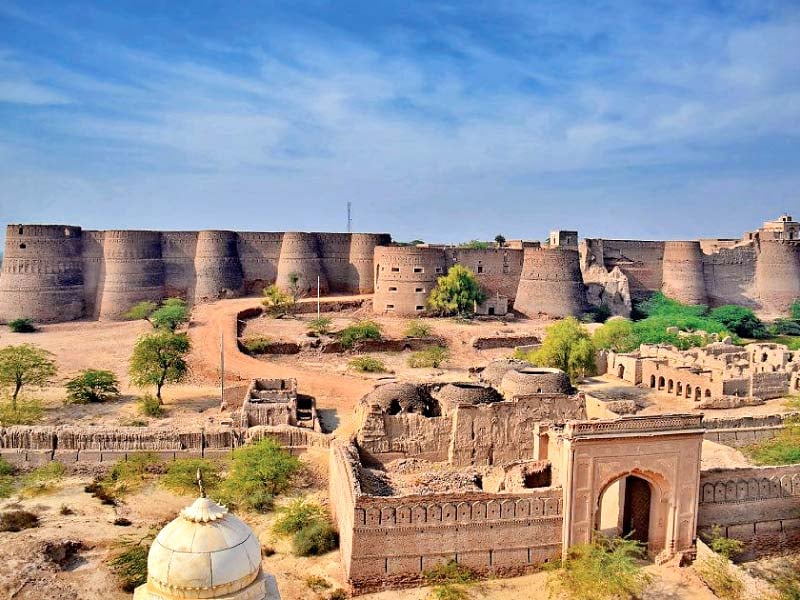
Derawar Fort is a magnificent desert fortress located near Liaquatpur City in the Cholistan Desert of Punjab, Pakistan. With its towering walls and imposing structure, the fort is a testament to the region’s rich history and architectural heritage.
It was believed to have been built in the 9th century by Hindu Rajput rulers. Various dynasties later captured and renovated the fort, including the Abbasi rulers of Bahawalpur in the 18th century. Derawar Fort is renowned for its massive walls stretching over a circumference of approximately 1500 meters and rise to 30 meters in height, punctuated by 40 towering bastions.
The fort’s strategic location once served as a critical defense outpost. It served ancient caravan routes, protecting the region from invaders. Today, Derawar Fort is a popular tourist attraction, drawing visitors worldwide to its marvel. Its impressive architecture and its intriguing history amidst the stark beauty of the Cholistan Desert.
Cholistan Desert
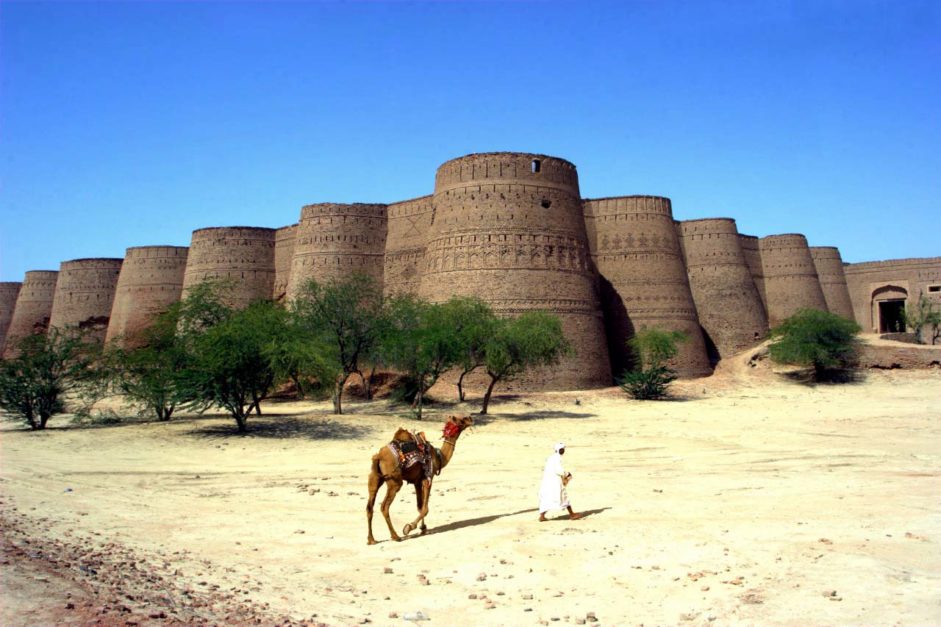
The Cholistan Desert, also known as the Rohi Desert, is a vast expanse of arid land located in the southern part of Punjab, Pakistan, near Liaquatpur City. Covering an area of approximately 16,000 square kilometres, the desert is characterized by its sweeping sand dunes, rocky terrain, and sparse vegetation.
Despite its harsh and inhospitable environment, the Cholistan Desert has a resilient population of nomadic tribes. It includes the famous camel-rearing communities called the “Rai” or “Rohi.” These nomads have adapted to the desert’s conditions for centuries, relying on their herds for sustenance and transportation.
The Cholistan Desert is also renowned for its rich cultural heritage. Ancient forts, shrines, and archaeological sites scattered throughout the region offer glimpses into its storied past. Additionally, the desert is a popular destination for adventure enthusiasts, who flock to its vast dunes for camel safaris, off-road desert drives, and camping under the starry night sky.
With its rugged beauty and timeless charm, the Cholistan Desert captivates visitors with its sense of mystery and allure, inviting them to explore its hidden treasures and experience the timeless allure of the desert landscape.
Liaquat Pur Railway Station
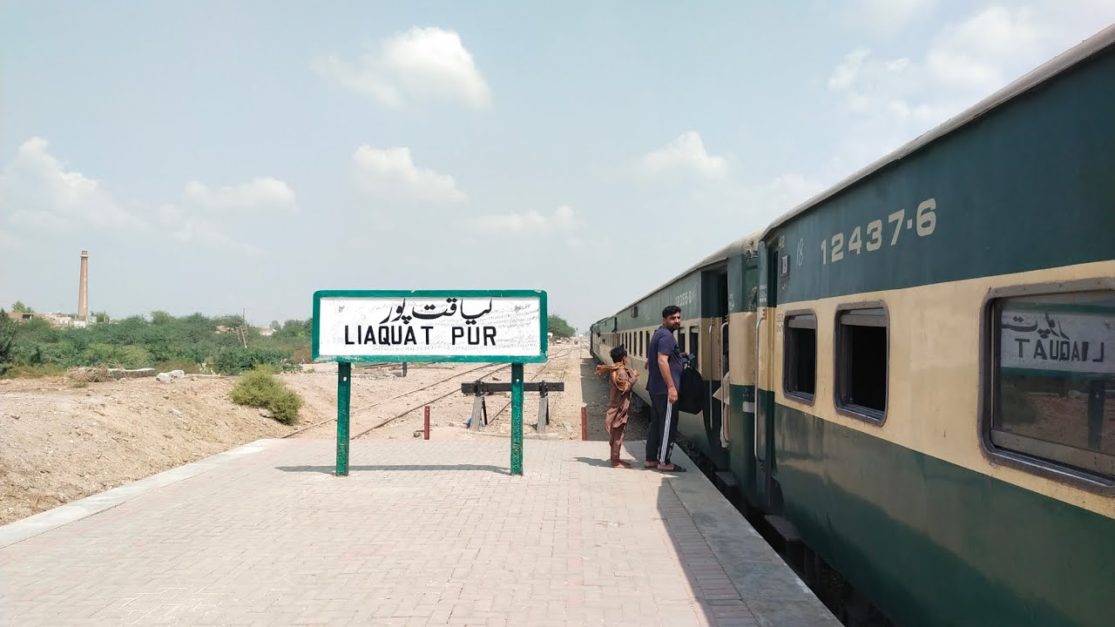
The Liaquat Pur railway station is situated in Liaquat Pur along the main railway line. Positioned at the northern end, it serves as the primary railway station in the Rahim Yar Khan district. The station lies at the heart of the city, effectively dividing it into two distinct areas: Kachi Mandi on the right side and Pakki Mandi on the opposite side.
Originally conceived in 1883 during British rule, the railway line saw its first Broad gauge track in 1889. Subsequent expansions led to establishing a two-line connection, and in 1903, a station was erected, initially named “Chaudri” after the town. Following Pakistan’s independence, the station was renamed Liaquat Pur in 1956 as a tribute to the nation’s inaugural Prime Minister, Liaquat Ali Khan.
Liaquat Pur Postal Code
The following table provides all the necessary details about the Liaquat Pur Postal Code.
| Area Name | Liaquat Pur |
| City Code | RYK |
| Postal Code | 64000 |
| Postal Code Type | Delivery |
| Post Office Name | General Post Office |
| Post Office Type | Main GPO |
| Post Office Address | General Post Office Shahi Rd, Rahim Yar Khan, Punjab 64200 |
| Tehsil | Rahimyar Khan |
| District | Rahimyar Khan |
| Province | Punjab |
| Latitude | 28.421157 |
| Longitude | 70.298874 |
Frequently Asked Questions (FAQs)
Following are the most important questions and their answers for Liaquat Pur.
What is the population of Liaquat Pur?
According to the 2017 census, the population of Liaquat Pur is approximately 51,888.
What is the main economic activity in Liaquat Pur?
Agriculture is the primary economic activity in Liaquat Pur. By cultivating crops like cotton, wheat, sugarcane, and rice, the city contributes significantly to the local economy.
What is the nearest major city to Liaquat Pur?
Rahim Yar Khan is the nearest major city to Liaquat Pur, located a moderate distance away. This makes it easily accessible for various amenities and services.
What historical landmarks are there to visit in Liaquat Pur?
Liaquat Pur boasts several historical landmarks. It includes ancient temples, mosques, and monuments that offer visitors insights into its rich cultural heritage.
How can I reach Liaquat Pur?
Liaquat Pur is accessible by road and rail, with its railway station and regular bus services.
What are the main festivals that people celebrate in Liaquat Pur?
The main festivals celebrated in Liaquat Pur are Eid ul Fitr, Eid ul Fitr, and Pakistan’s independence day.
Is there any famous cuisine associated with Liaquat Pur?
Yes, Liaquat Pur is famous for its delectable traditional cuisine, featuring dishes prepared with locally sourced ingredients and authentic flavours.
Are there any recreational activities in Liaquat Pur?
Visitors to LiaquatPur can enjoy a range of recreational activities. These include exploring the city’s historical sites, shopping in local markets, and engaging in outdoor pursuits.
What educational institutions are there in Liaquat Pur?
Liaquat Pur is home to several educational institutions. These provide quality education and catering to the academic needs of students in the region.
Is Liaquat Pur a safe place to visit?
Liaquat Pur is generally a safe destination for visitors, with a welcoming atmosphere and hospitable locals. However, as with any travel, it’s advisable to exercise caution and be mindful of personal safety.
For more related information, visit Graana Blog.
